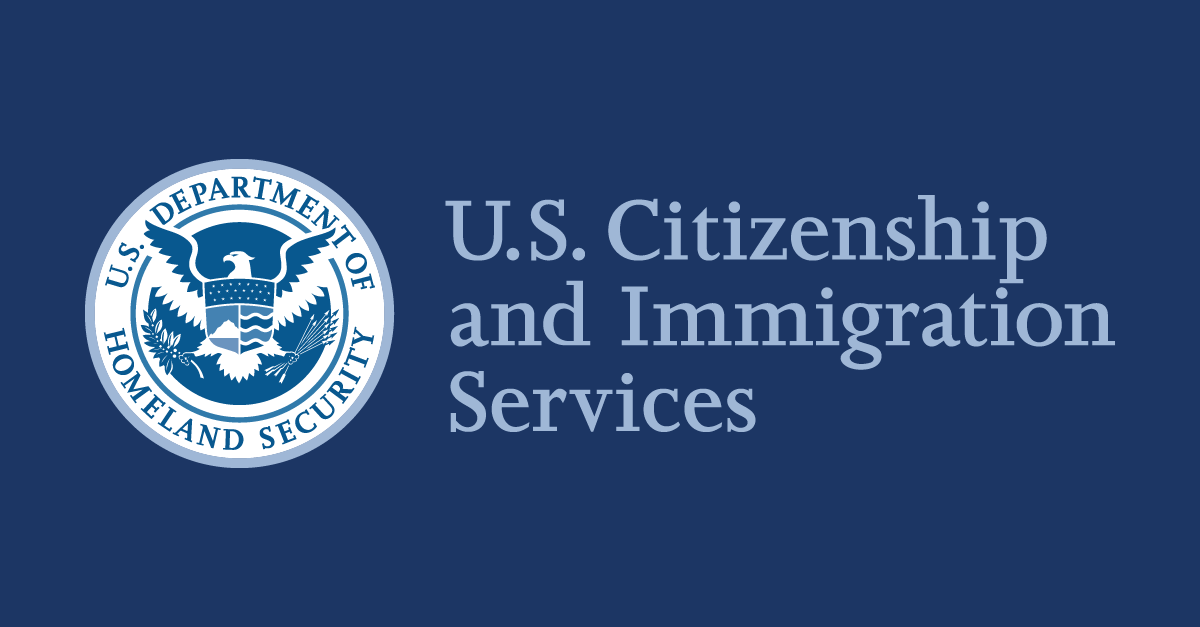shiva82
Well-known member
i asked for the written law. try another attempt. thanks in advance
Vaccination Requirements | USCIS
www.uscis.gov
If you were interested you could have found it easily. Your intellectual laziness needs improvement. How long will you be visiting Tennessee?



